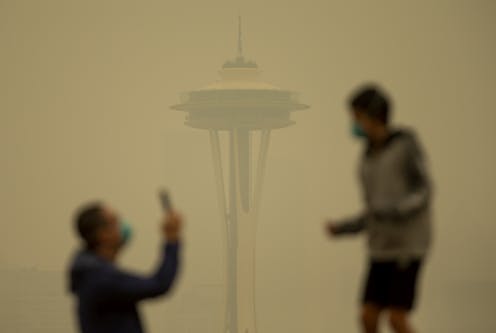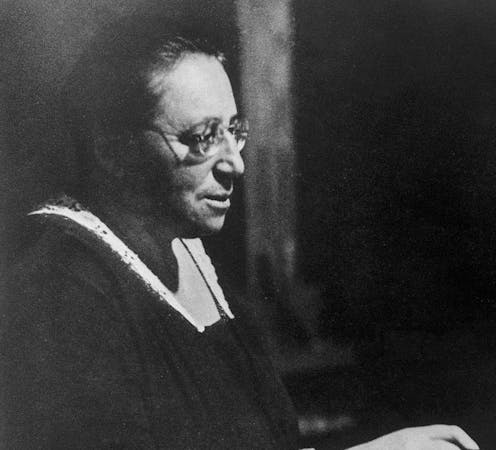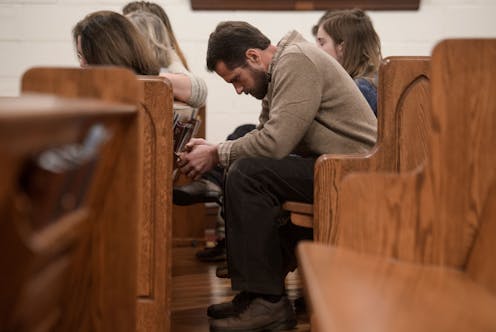School posts on Facebook could threaten student privacy
- Written by Joshua Rosenberg, Assistant Professor of STEM Education, University of Tennessee
 Images of students on school Facebook pages could fall into the wrong hands. Sol de Zuasnabar Brebbia/Getty Images
Images of students on school Facebook pages could fall into the wrong hands. Sol de Zuasnabar Brebbia/Getty ImagesLike many of us, schools in the United States are active on social media. They use their accounts to share timely information, build community and highlight staff and students. However, our research has shown that schools’ social...
Read more: School posts on Facebook could threaten student privacy









